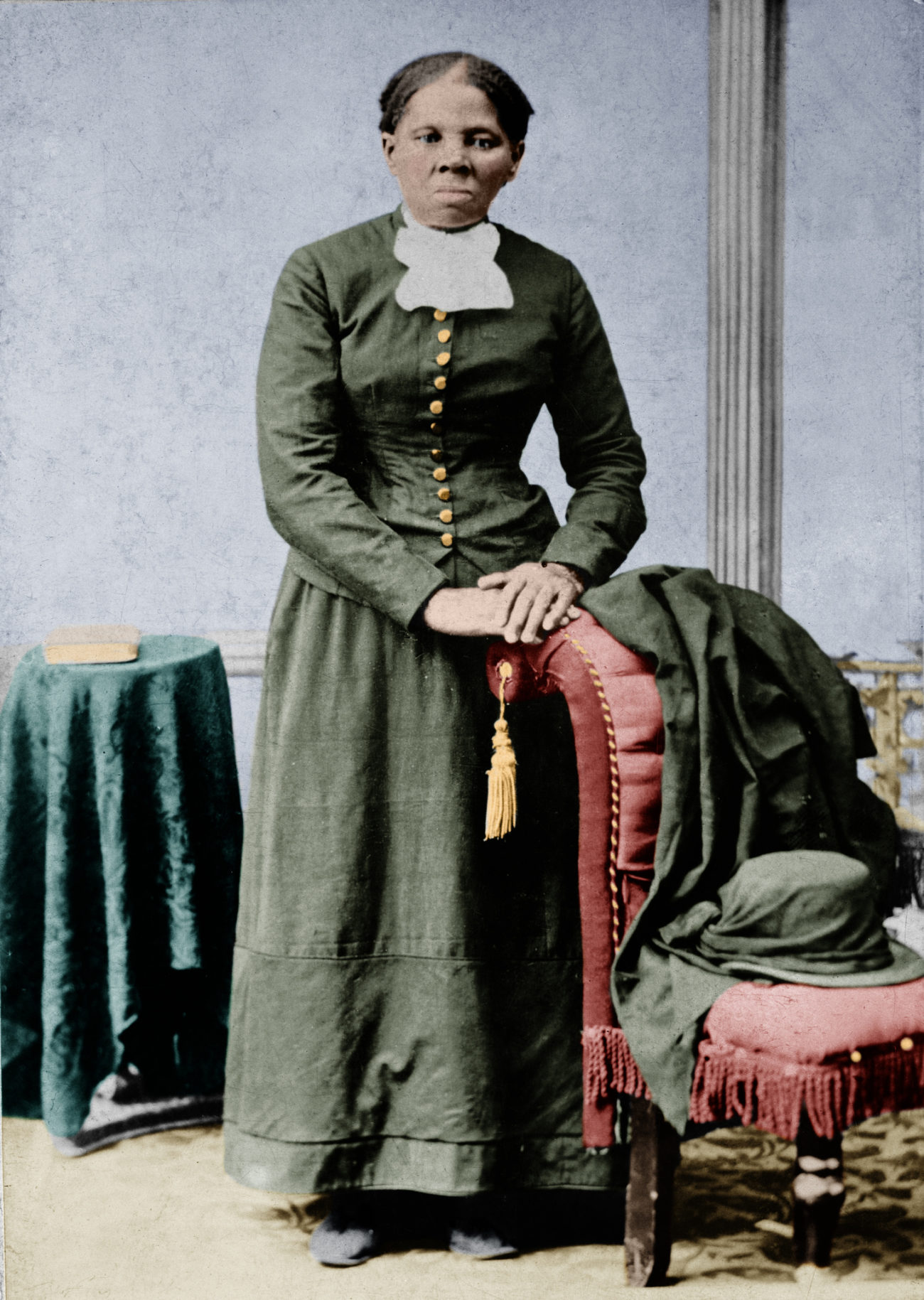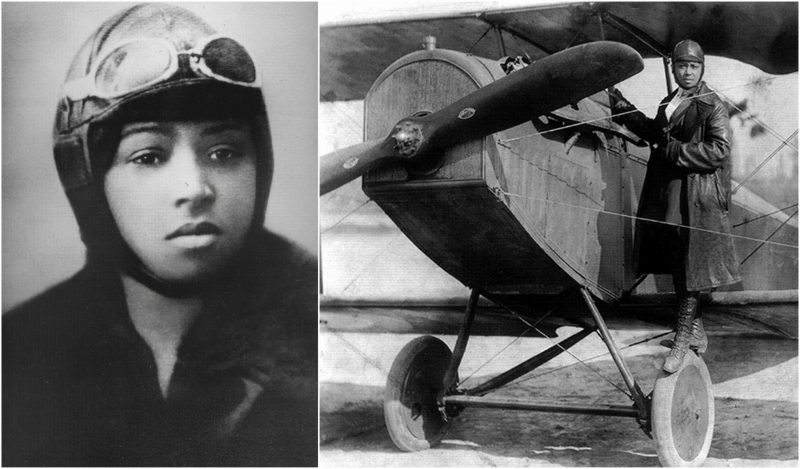Women make up 49.5% of the world’s population, but a far smaller portion of the names bolded in most history texts. Women have often been explicitly barred from leadership roles throughout world history due to their gender identity or sex assigned at birth.
When opportunities arose or perspectives shifted, women have risen to the occasion time and time again. And when opportunities haven’t arisen, women have worked to shift circumstances and systems themselves.
You can give your kids a better understanding of how women in history have changed the world and the inequities that still remain to overcome. For a start, introduce your children to trailblazing female historical figures like these women.
 Ada Lovelace
Ada Lovelace
Mathematician and First Computer Programmer (England)
The child of English poet Lord Byron, Ada Lovelace enjoyed extensive education, including in the field of mathematics—quite unusual for women at her time. She studied with Charles Babbage, inventor of the ‘Analytical Engine’. Her grasp of the potential of the Engine’s step-by-step approach to mathematical problem solving exceeded her teacher’s vision for the device. Lovelace is credited as the world’s first computer programmer for envisioning mathematical approaches beyond calculation to complex computations.
Harriet Tubman
Freedom Fighter and Union Army Soldier (USA)
You probably already know Harriet Tubman for leading untold numbers of enslaved people to freedom as a conductor on the Underground Railroad. But did you also know she served as a soldier and spy in the Union Army during the Civil War? She risked her life returning to the South over and over in her fight for freedom and became the first woman to lead an armed military operation in the history of the United States—freeing an estimated 700 slaves during the Combahee Ferry Raid.
It’s no wonder Tubman won a nationwide poll from the group Women on 20s as the popular choice to be the new face of the United States’ $20 bill. Considering the army refused to compensate her for her service because she was a woman, a $20 bill seems like the least we can do.
Ida B. Wells
Journalist and Activist (USA)
Ida B. Wells tackled problems including sexism and racism as a journalist and activist. She conducted the first independent investigations of white mob lynchings in the Jim Crow South. Her reporting on murders of Black men on trumped-up charges shed light on widespread persecution. The fallout from this reporting led Wells to relocate to Chicago, where she advocated tirelessly for civil rights, women’s suffrage, and urban reform.
Wells pushed for anti-lynching protections alongside the call for women’s suffrage. White figures from the movement rejected this call, instead, they courted Southern votes with rhetoric tinged with racism. Rebuffed at home, Wells took her campaign abroad, looking to build support during a speaking tour throughout Britain. With 2020 marking the 100th anniversary of the 19th Amendment to the US Constitution, it’s high time Black activists like Wells receive the recognition they’re due.
Nellie Bly
Journalist and World-Record Traveler (USA)
Nellie Bly often chose to charge directly at the barriers she encountered in her life. Offended by an editorial denouncing women, she wrote a letter to the editor so compelling the newspaper offered her a job as a reporter, sparking her career in journalism. She’s best known for getting a judge to legally commit her to an asylum. After ten days undercover as a mentally-ill patient, she wrote an expose that inspired significant reforms in mental health care.
Bly also attacked fictional barriers, challenging the fictitious Phineas Fogg’s record from Around the World in 80 Days with her own solo trek around the globe. Nellie needed only 72 days to complete the feat—for real.
“Queen Bessie” Coleman
Aviator and Stunt Pilot (USA and France)
Bessie Coleman earned her international pilot’s license in 1921 (two years before Amelia Earhart completed this feat). Denied admittance—because of her race, not her gender—to flight schools in the United States, she taught herself French so she could pursue flight school there. Crowds flocked to see her daring performances as a barnstorming stunt pilot, both across Europe and back in the States.
 Benazir Bhutto
Benazir Bhutto
Prime Minister and Politician (Pakistan)
Pakistan’s first female Prime Minister, Benazir Bhutto, was also the first woman to head a democracy in a Muslim-majority nation. She won election the first time at age 35—a mere three months after giving birth. In the face of continued fundamentalist opposition, the oft-controversial Bhutto struggled throughout her career for the cause of democracy. She served two terms as PM and was campaigning for a third term in 2008 when she was assassinated.
Miriam Makeba
Musician and Anti-Apartheid Activist (South Africa)
Miriam Makeba leveraged her platform from international music and film stardom to advocate for civil rights, especially in her native South Africa. Opposed by the government on many occasions, she had her citizenship revoked after testifying about apartheid at the United Nations. Her musical performances and advocacy directly addressed racist policies, helping to raise awareness around the globe. With Nelson Mandela’s liberation and the fall of apartheid, Makeba returned to her homeland after 31 years in exile.
These are just a few of what could be an endless list of important women in history. From all over the world and all walks of life, these trailblazing women had something in common: vision to see paths no one had traveled— yet—and determination to make their vision into reality.



